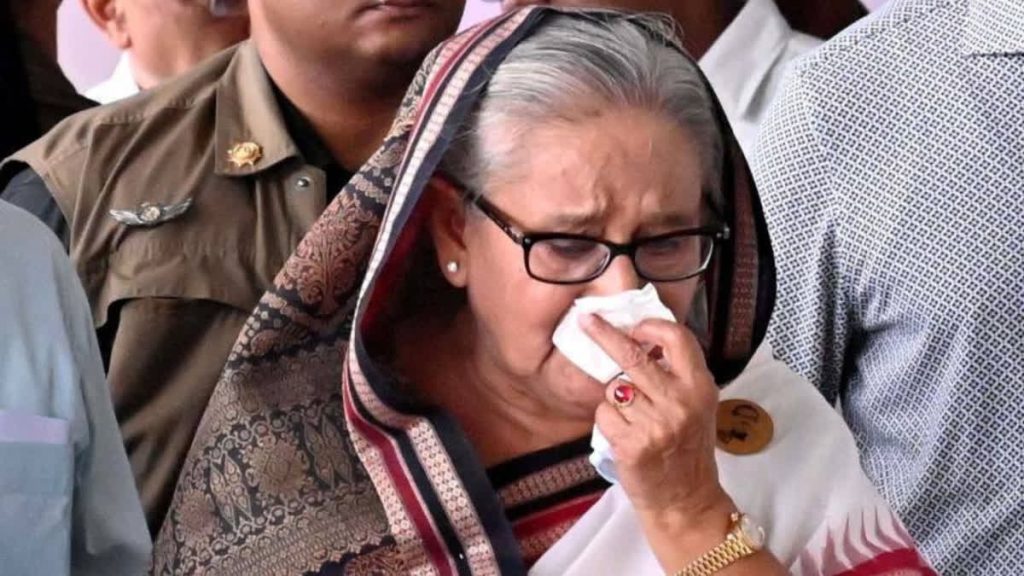Bangladesh is no stranger to political unrest, but the recent protests are deeply rooted in history. The Razakars, collaborators during the 1971 liberation war, have returned to the spotlight. Their legacy remains a contentious issue in Bangladesh, influencing today’s political landscape. As students demand justice and reform, the nation grapples with its past and future.
Who Were the Razakars?
The Razakars were a paramilitary force in East Pakistan. They were formed by the Pakistani military to suppress the independence movement. Composed of local collaborators, they played a brutal role in the conflict. Their actions left a lasting impact on the nation’s memory. Allegations of war crimes, including killings and assaults, haunt them. Their name has become synonymous with betrayal and violence.
The Role of the Razakars in 1971
During the liberation war, the Razakars were pivotal to Pakistan’s strategy. They were tasked with identifying and targeting pro-independence activists. Their familiarity with local languages and terrain made them effective. However, they were also accused of heinous acts. The Bangladeshi government accuses them of aiding genocide. Stories of their brutality remain etched in the national consciousness.
One infamous incident highlights their role. In December 1971, just before Bangladesh’s victory, many intellectuals were killed. The Razakars are believed to have been involved. This massacre aimed to cripple the emerging nation. Such actions cemented their notorious reputation.
Post-Independence and the Quest for Justice
After Bangladesh gained independence, the Razakars faced retribution. Many were attacked or killed by locals seeking revenge. Some fled to Pakistan, fearing retribution. However, others managed to stay and even thrive. They found positions in government and other sectors. This sparked outrage among those who remembered their past.
In the 1990s, demands for justice intensified. Civil society groups campaigned against Razakar impunity. They called for accountability and recognition of their crimes. This movement gained momentum, pushing the government to act.
Sheikh Hasina’s Efforts and Controversies

When Sheikh Hasina returned to power in 2009, she promised justice. Her government established the International Crimes Tribunal. Its mandate was to prosecute war crimes from 1971. The tribunal indicted numerous Razakars for their actions. This move garnered support and controversy.
Critics argue that the trials were politically motivated. They accuse Hasina of targeting opponents rather than seeking justice. The tribunal’s procedures faced scrutiny for alleged flaws. Despite this, it marked a significant step towards accountability.
The tribunal aimed to heal old wounds, but its impact was mixed. Some hailed it as a victory for justice. Others saw it as a tool for political gain. The debate over its fairness continues to divide opinions.
The Recent Protests: A New Chapter in an Old Struggle
The current protests in Bangladesh have reignited these issues. Students led demonstrations against a government job quota. The quota favored descendants of freedom fighters. Many saw it as unfair, given current economic challenges. Their protests quickly evolved into broader demands for change.
At the heart of the protests lies a question of identity. The term “Razakar” resurfaced during the unrest. Prime Minister Hasina’s comments sparked controversy. She questioned the protesters’ motives, invoking the Razakars. Her remarks fueled anger, with protesters rejecting the label.
This exchange highlights the term’s power and sensitivity. For many, it represents a painful history and ongoing injustice. The protesters’ slogans reflect their struggle for recognition. They reject being branded as enemies of the state. Their demands extend beyond quotas, seeking systemic reform.
The Broader Implications for Bangladesh
The Razakars’ legacy is not just historical; it shapes current politics. The ongoing protests underscore unresolved tensions. Bangladesh’s struggle for justice is far from over. The nation grapples with its past, seeking reconciliation and progress.
The government’s response to the protests will be crucial. A heavy-handed approach risks further alienation. Dialogue and reform are essential for lasting peace. Addressing grievances requires acknowledging the past. The Razakars’ legacy is a reminder of the need for healing.
Conclusion: A Nation at a Crossroads
Bangladesh stands at a crossroads, confronting its history and future. The Razakars symbolize a painful chapter in its journey. Their legacy remains a source of division and debate. As Bangladesh seeks justice, it must navigate complex challenges. The path forward requires courage, compassion, and commitment to truth. The hope is for a future where the wounds of the past are healed, paving the way for unity and prosperity.